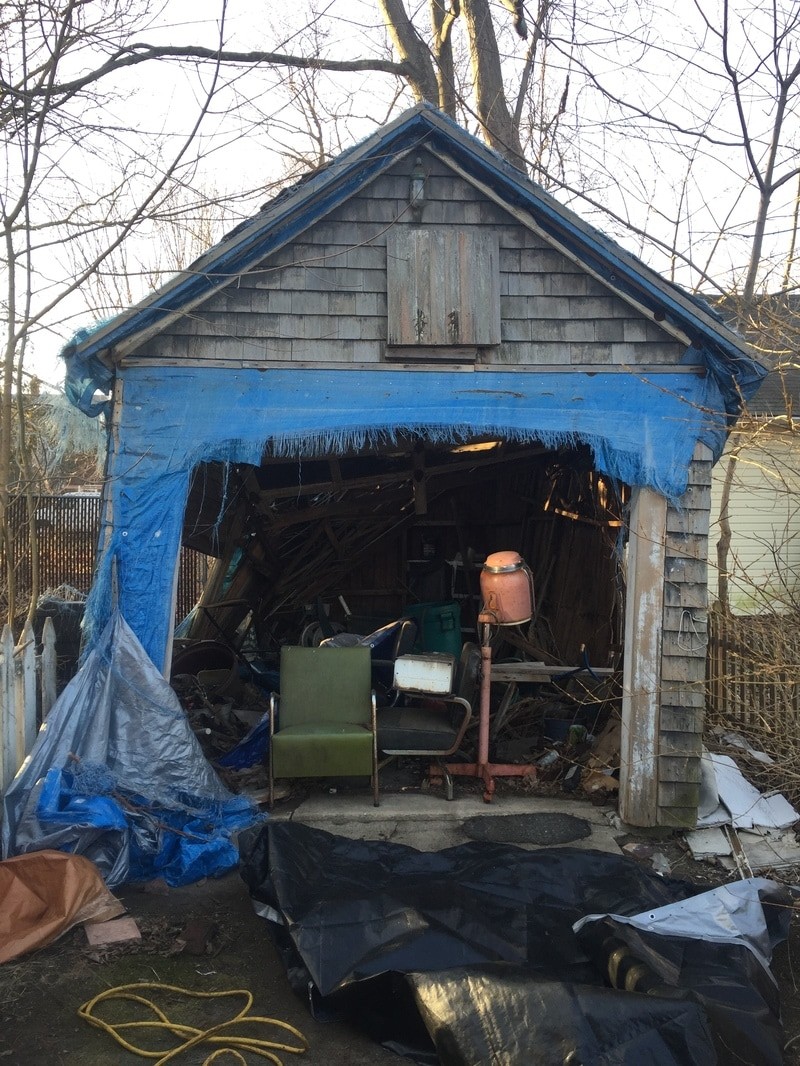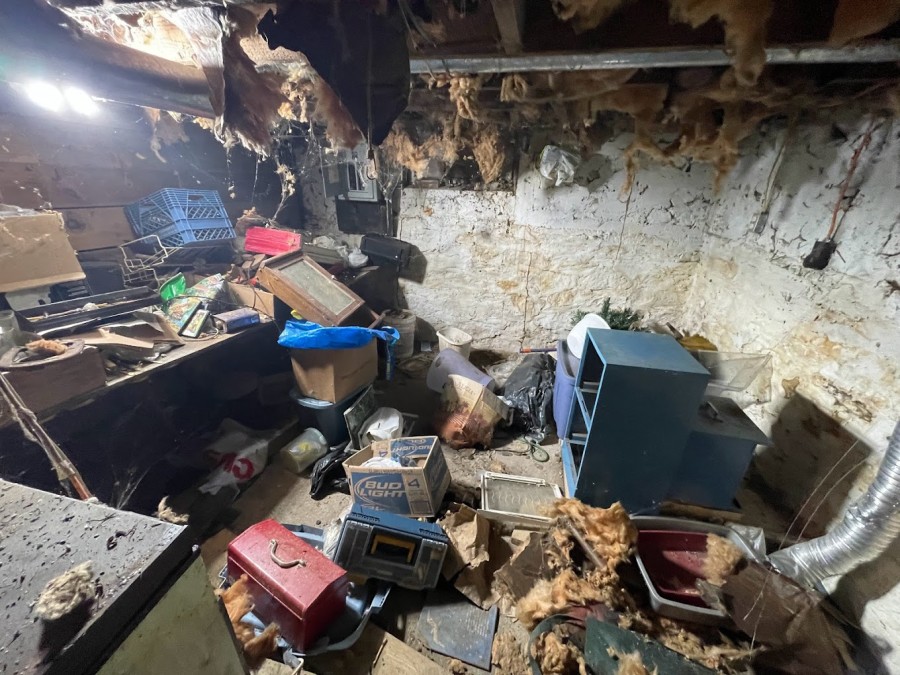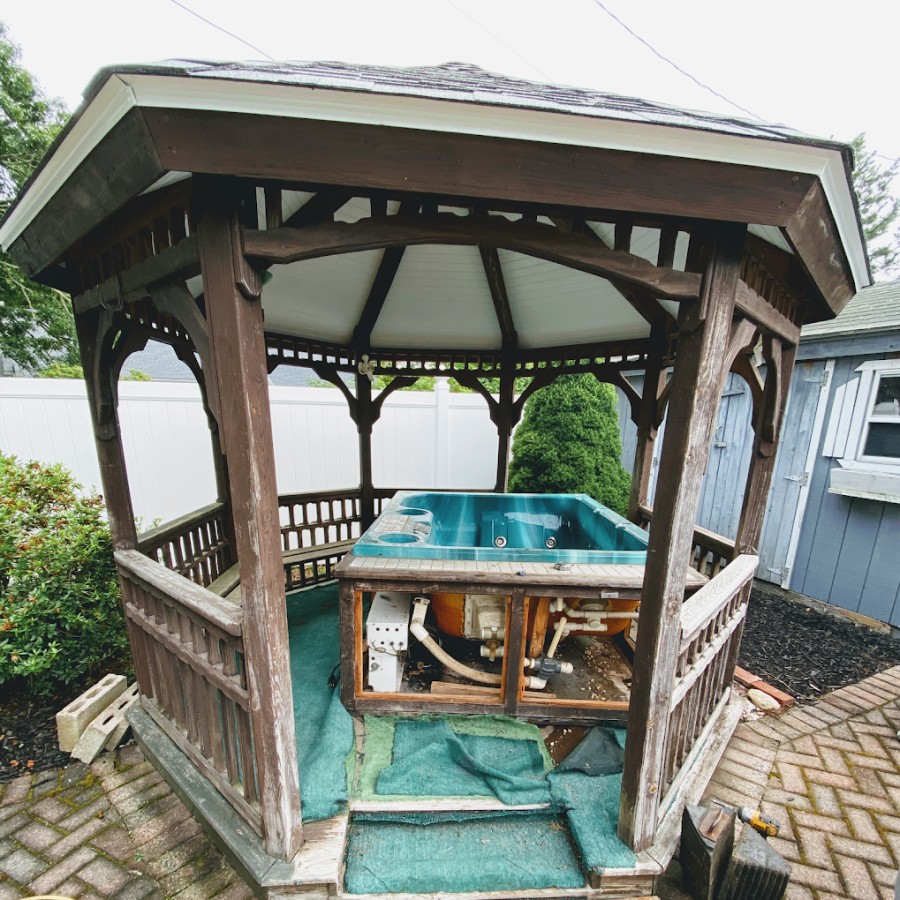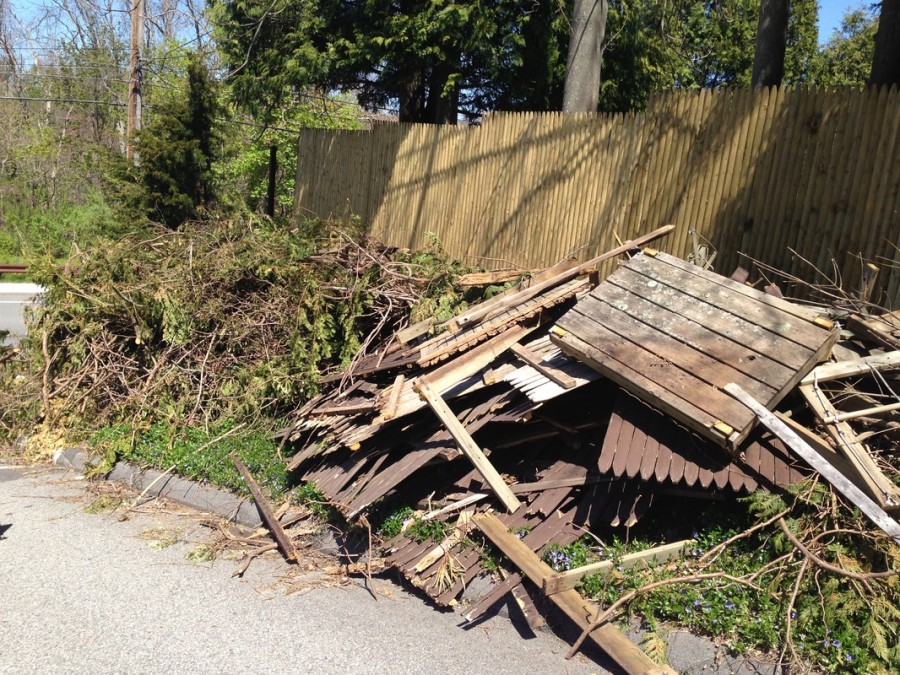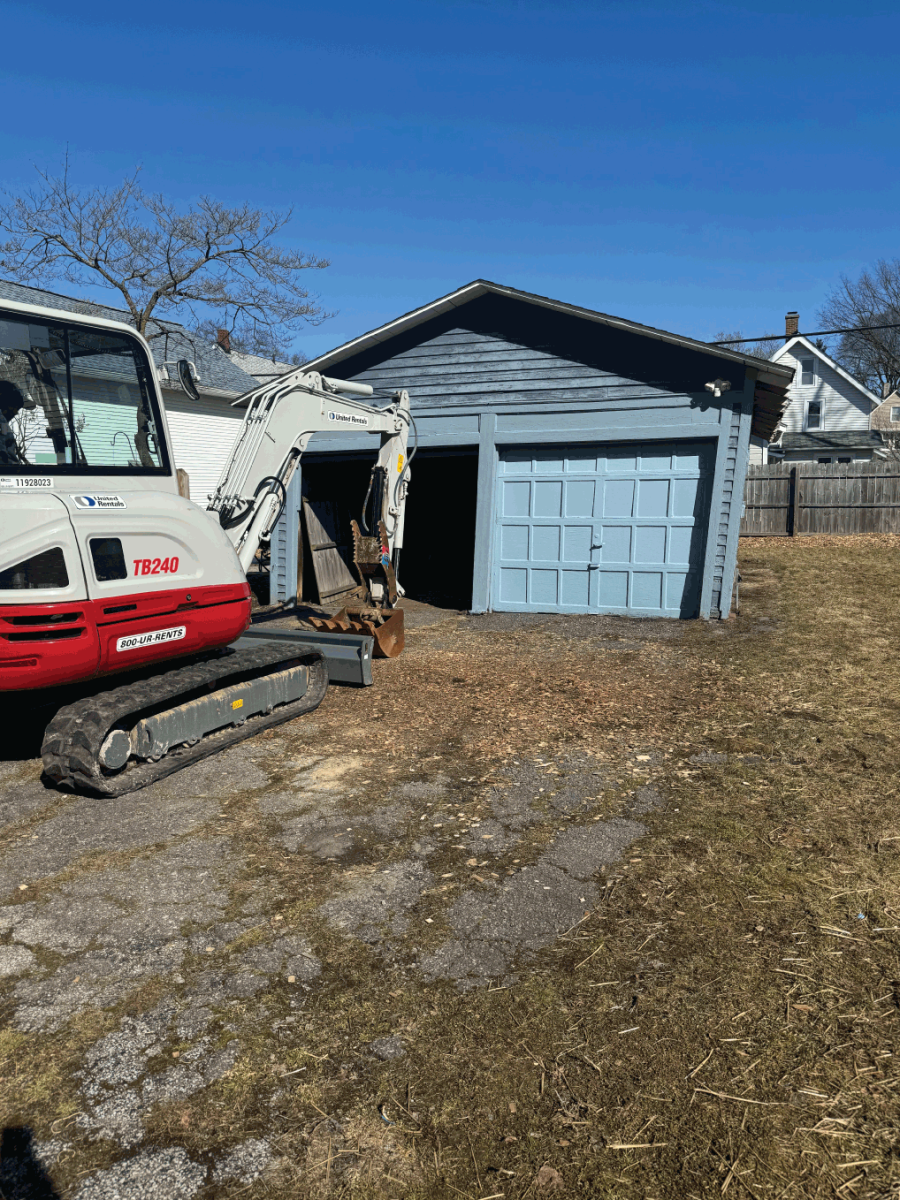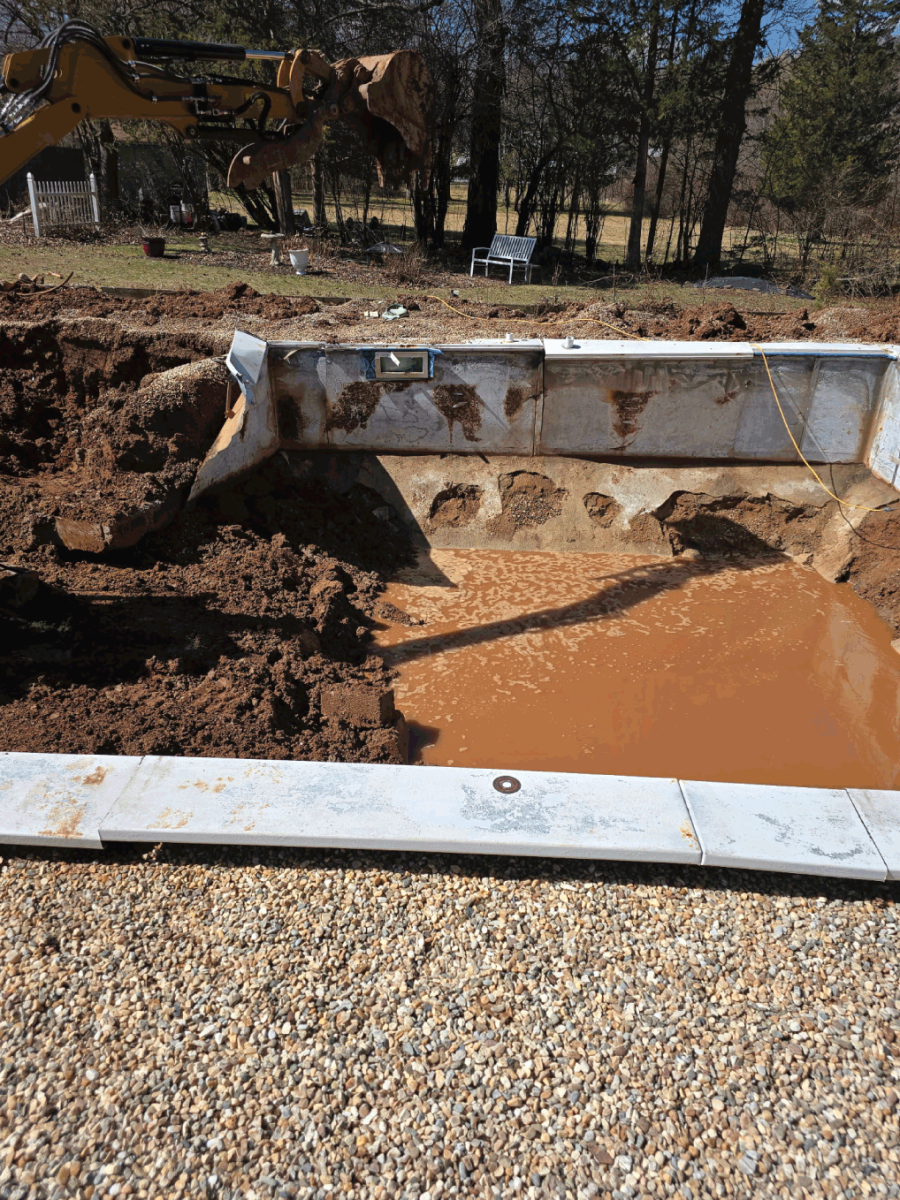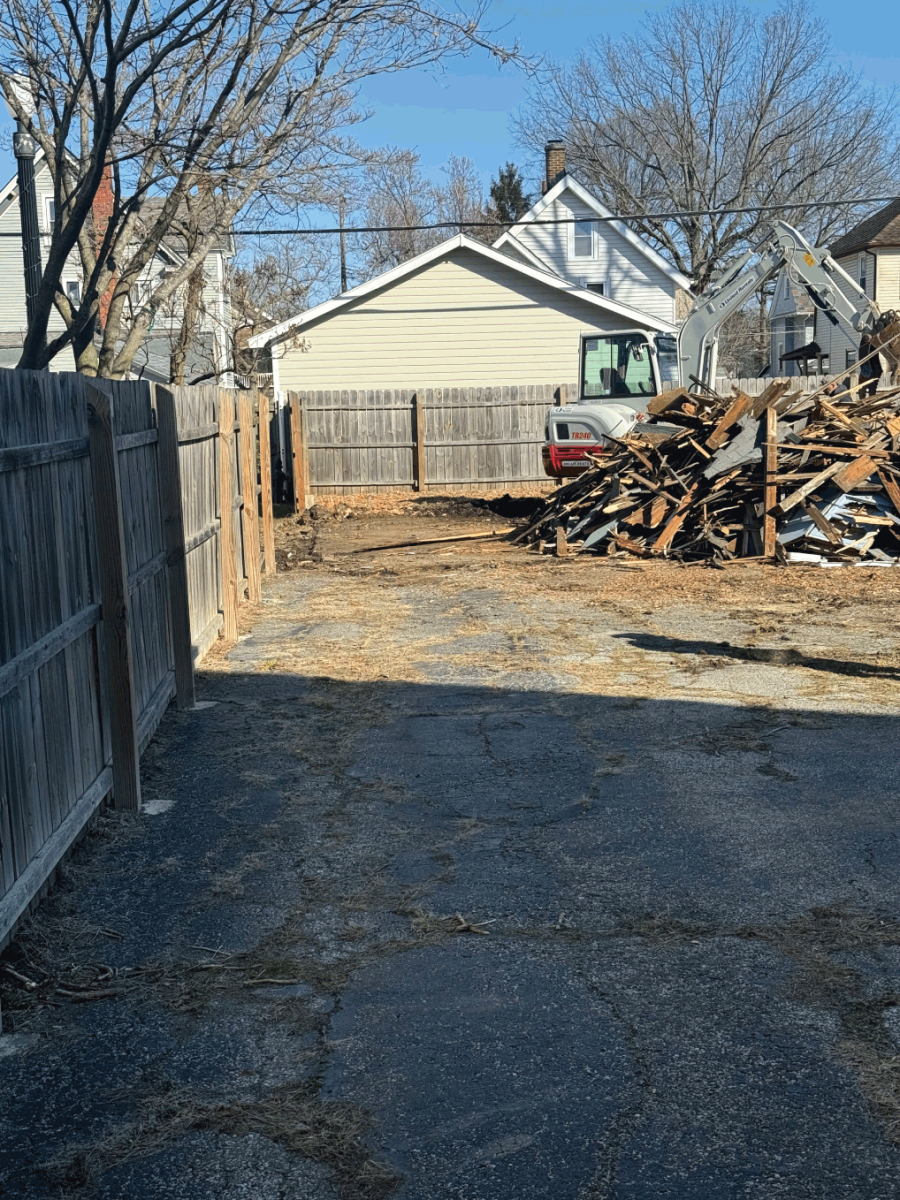Sponsored results
Dan's Demolition - Dan's Dump Runs
Dan’s Demolition is proud to be veteran-owned and operated and serving the Mystic, Connecticut area. Our crew of experienced professionals are fully equipped to... more
Sevan Construction & Development
Want oil tank removal you a rely on? At Sevan Construction & Development, we pride ourselves on getting jobs done right—on time and on budget.... more
All "Oil Tank Removal" results near me in Quaker Hill, CT - February 2026
Sevan Construction & Development
Want oil tank removal you a rely on? At Sevan Construction & Development, we pride ourselves on getting jobs done right—on time and on budget.... more
Dan's Demolition - Dan's Dump Runs
Dan’s Demolition is proud to be veteran-owned and operated and serving the Mystic, Connecticut area. Our crew of experienced professionals are fully equipped to... more
JDC Enterprises Inc
Count on the experts at JDC Enterprises, Inc. to get your fuel/oil tank or septic tank removed safely and in a timely manner. In... more
Barberi Brothers Demolition
Barberi Brothers Demolition, located in Waterford, CT, places a high emphasis on delivering unmatched quality services at a fair price. We perform a variety of... more
Dan Mackin Construction
Get expert demo & excavation services from Dan Mackin Construction. We were founded in 1998 and today have grown to offer a full suite of demolition services... more
Smith Chas Excavating
Smith Chas Excavating offers a wide range of excavation and demolition services for residential and commercial customers. We can demolish large-scale projects, remove underground storage... more
Bistrian Materials
Serving the Long Island community for more than 30 years, Bistrian Materials works hard to provide customers with;quality materials, site work, and personal service.... more
My Dumpster CT
Located in Meriden/Danbury, Connecticut, My Dumpster CT specializes in light demolition, junk and waste removal, recycling services, and dumpster rentals. We are proud to... more
TJ Landscape Design & Construction
Serving the Westerly, Rhode Island area, TJ Landscape Design & Construction knows how to successfully complete a wide range of projects, including demolition.&... more
Nearby Places for Tank Removal
Tank Removal Tips for Quaker Hill, CT
Should I have my oil tank removed?
If you have discovered an oil tank on your property, you should have it removed. As a matter of fact, whether your oil tank is leaking or not, if you don't actively use the tank, you should consider removing it due to the high risks associated with oil tanks. In addition, if you plan on selling your home in the future, oil tanks—particularly underground oil tanks—are considered one of the #1 reasons potential buyers don't buy a property. Keep reading about underground storage tanks.
